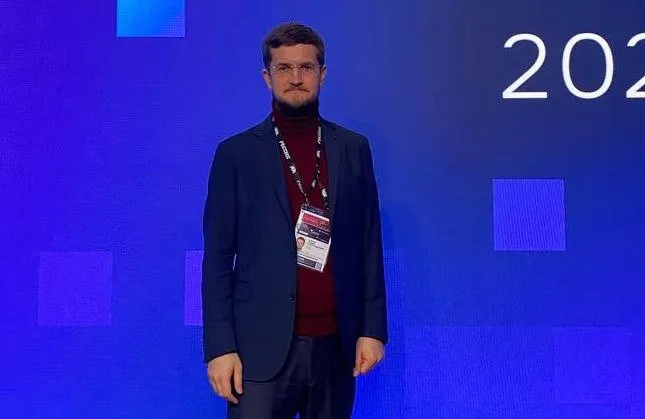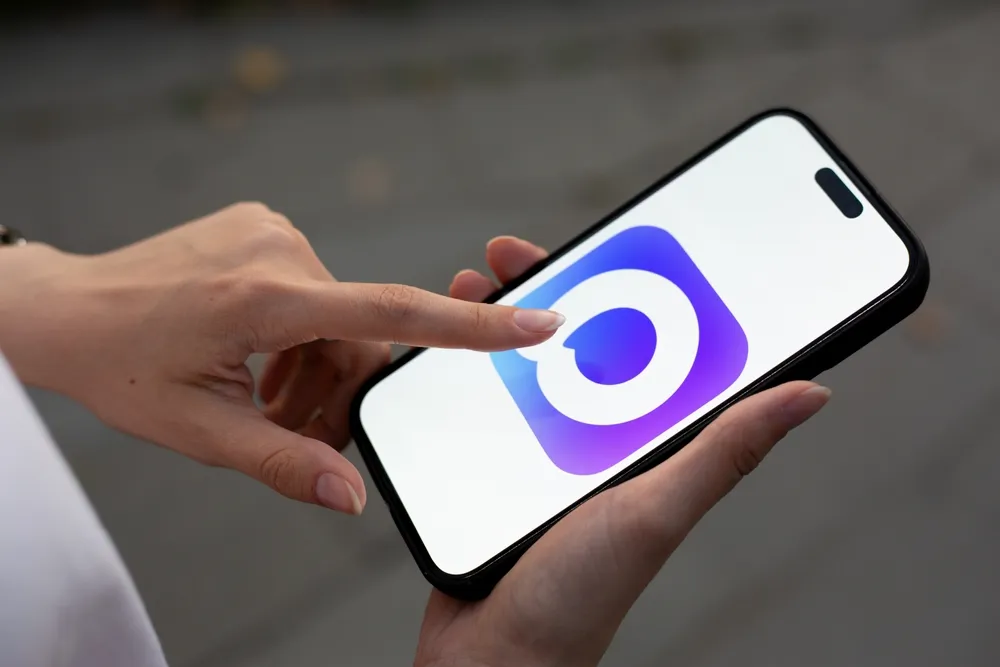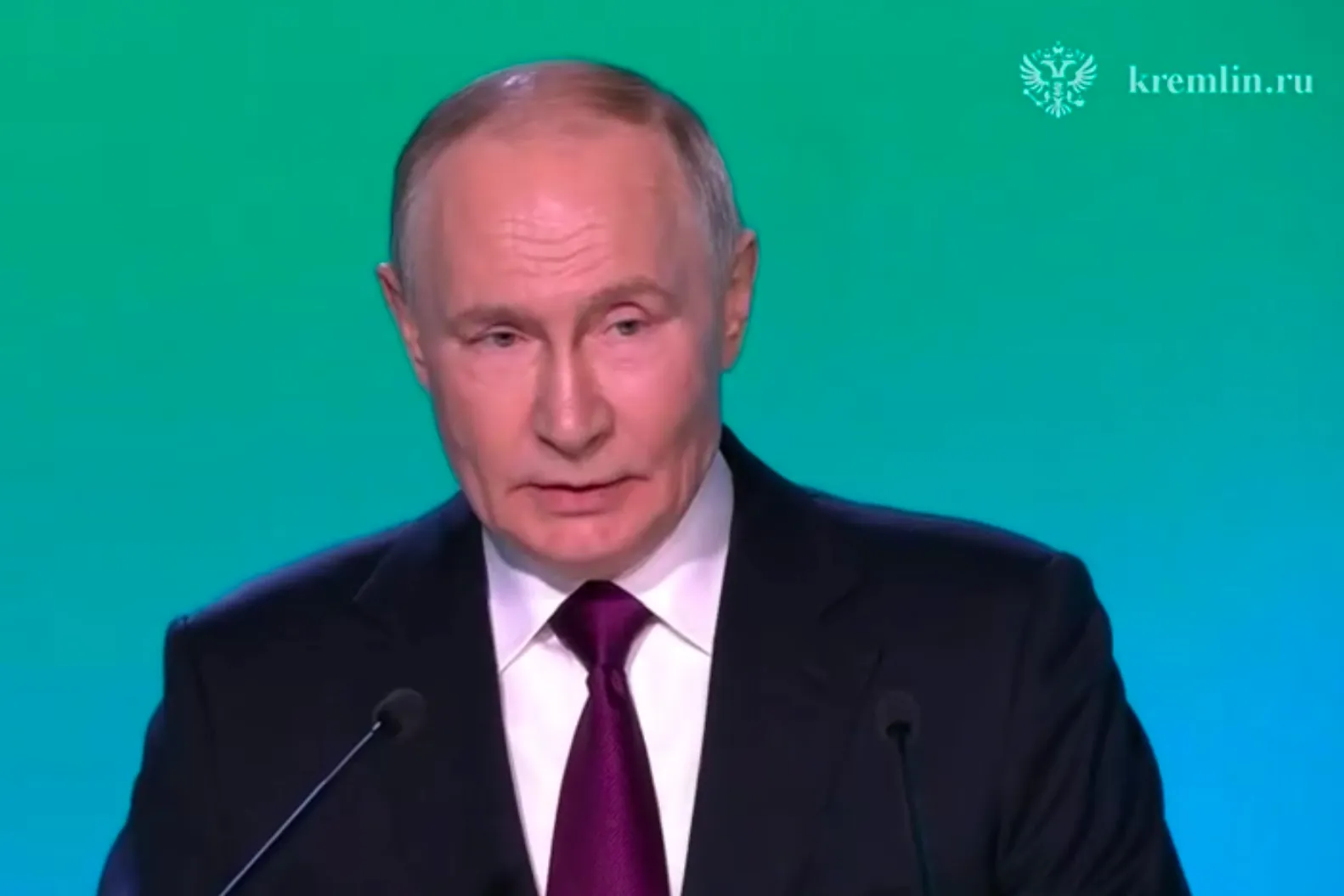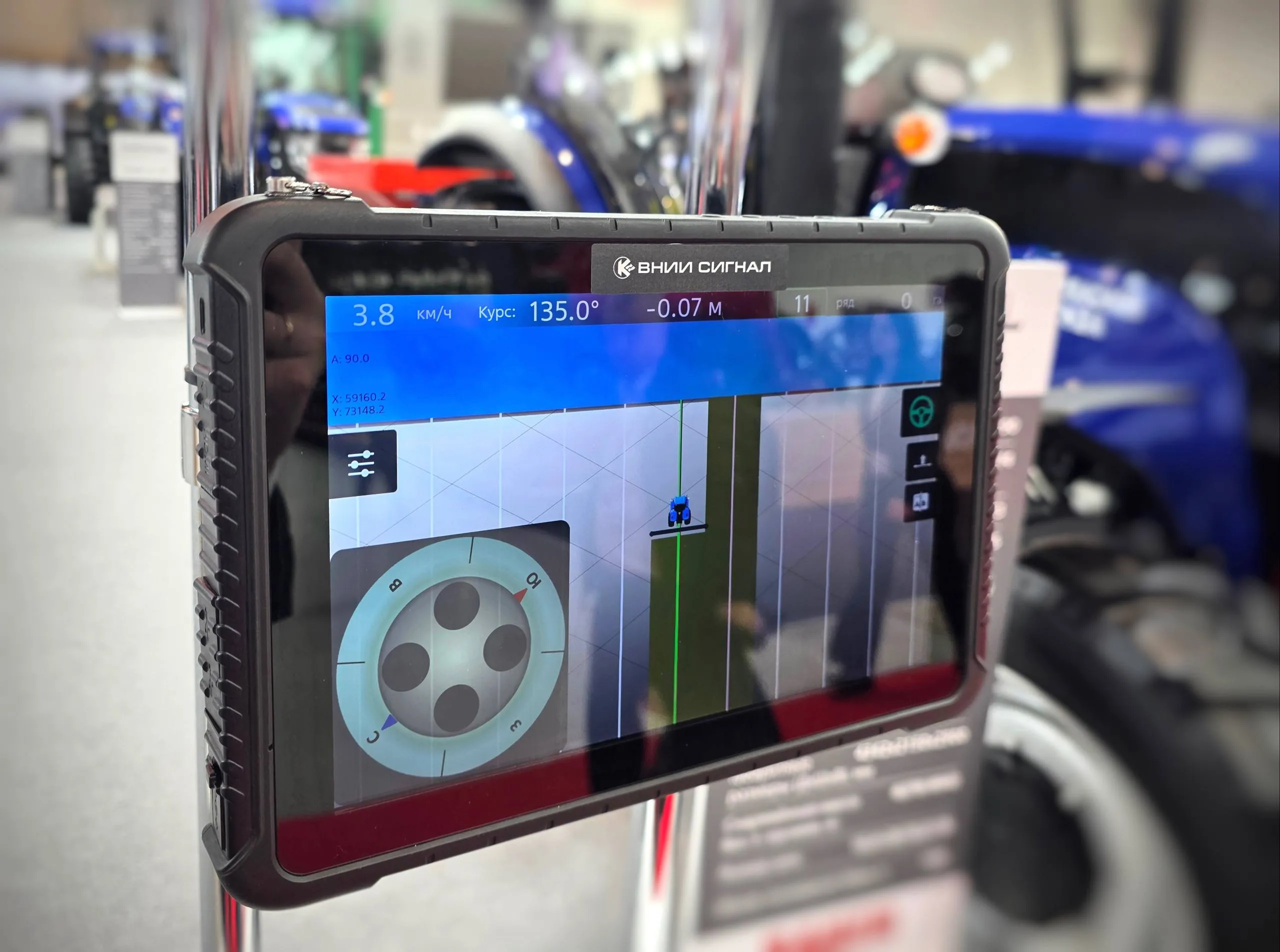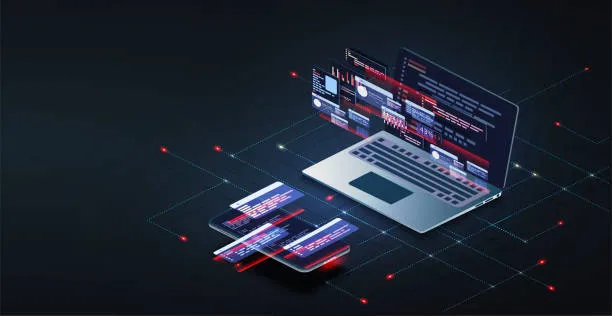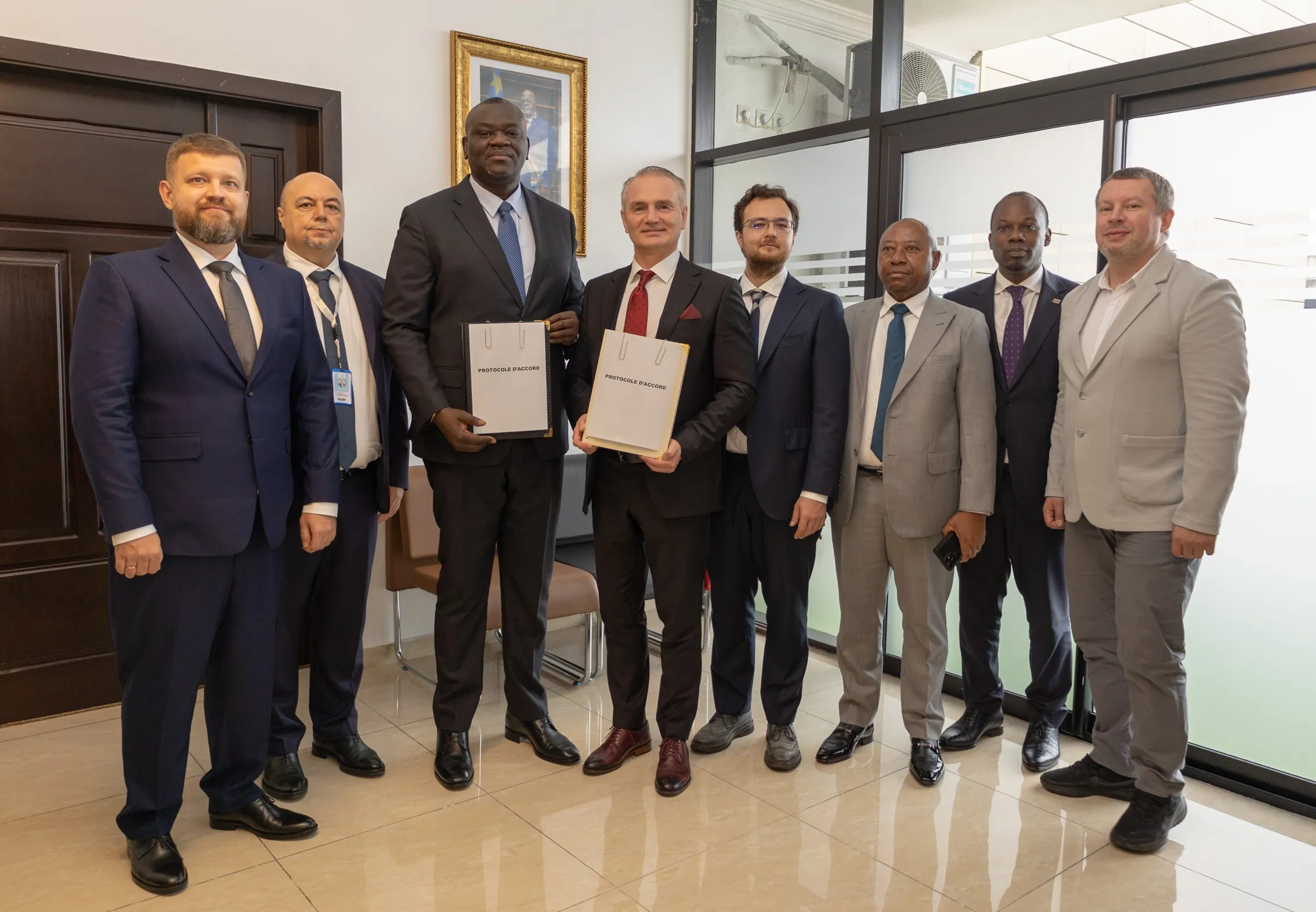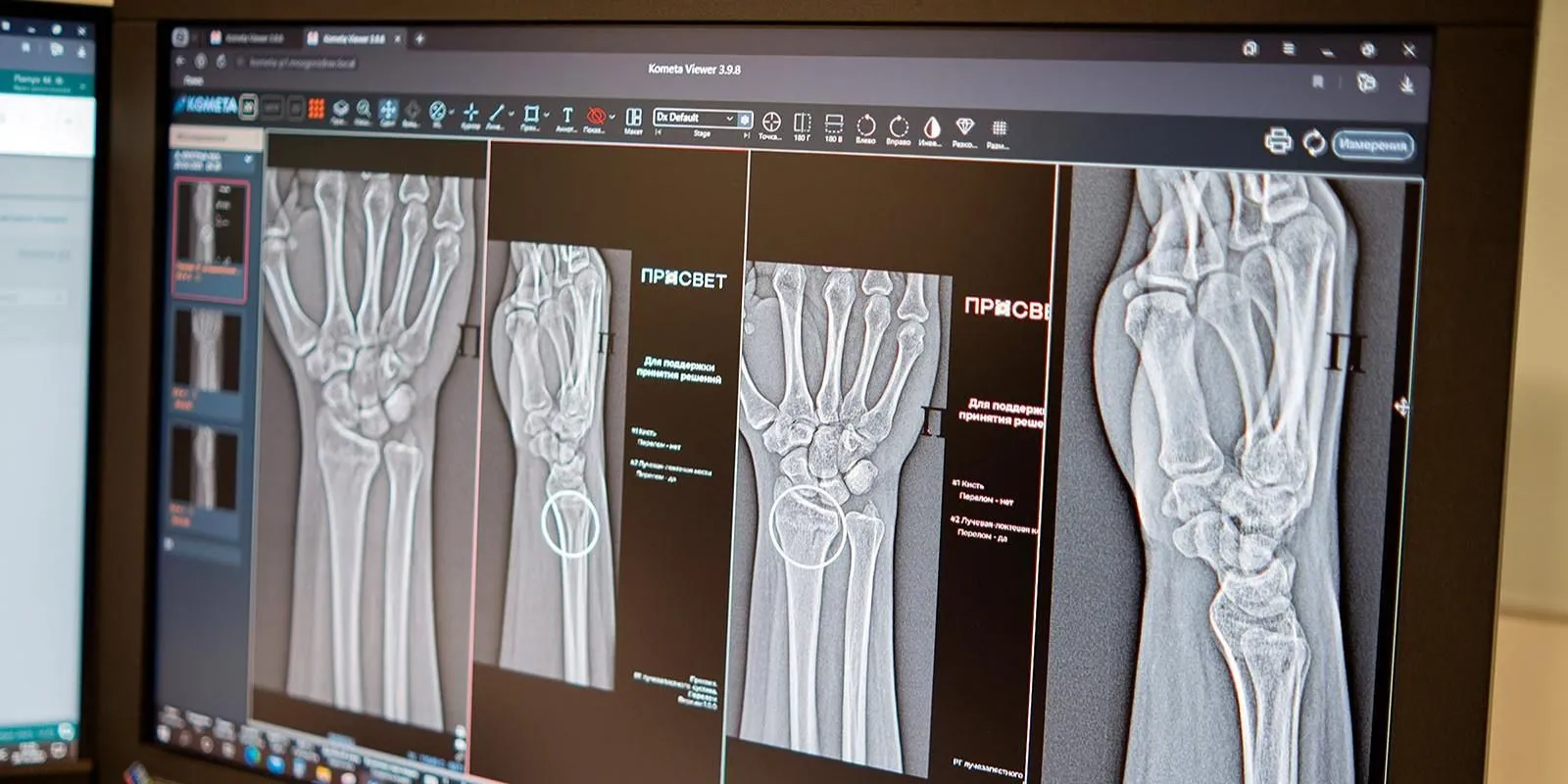Russia’s Banks Are Erasing Borders: Sber Expands Into Vietnam
Russian tourists can now pay for goods and services across Vietnam through a mobile app, with rubles automatically converted into dong, marking a new step in the country’s expanding international fintech ecosystem.

Breaking Payments Barriers
Sberbank has launched a QR‑code payment service for Russian travelers in Vietnam, allowing them to make purchases in stores, restaurants, and hotels directly through the bank’s mobile app. Payments are processed instantly, and rubles are automatically converted into Vietnamese dong. The service is already supported at more than one million retail locations across the country.
The initiative marks another milestone in the growth of international payment solutions developed by Russian financial institutions.
Not a One‑Off Experiment
Earlier, VTB Group introduced similar QR‑payment systems for its clients in Turkey and Tajikistan. These services allow Russian tourists to pay without a physical bank card—only a QR‑code and mobile app are needed. In Turkey alone, tens of thousands of merchants have already connected to the system, which supports ruble payments with automatic conversion.
A Look Ahead
Russia has recently enacted legislation introducing a universal payment QR‑code. The policy establishes a phased rollout, requiring banks and merchants to adopt a single QR standard for all cashless payments. Systemically important banks and major retailers will transition first in 2026, followed by other market participants.
The unified QR‑code aims to simplify payments for consumers and ensure full interoperability of services nationwide—and eventually abroad.
Going Global
Russian fintech solutions are stepping onto the world stage. QR‑code payments have become a convenient and competitive tool for Russians traveling abroad, reducing reliance on traditional card networks and easing cross‑border payments.
The next stage in the industry’s evolution is large‑scale adoption and deeper international integration of domestic payment technologies.














